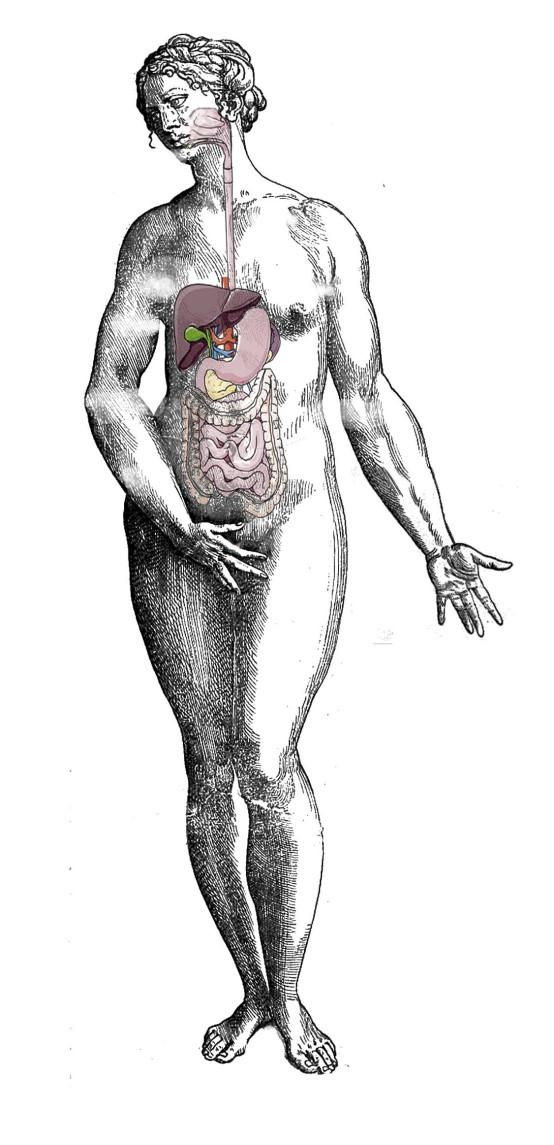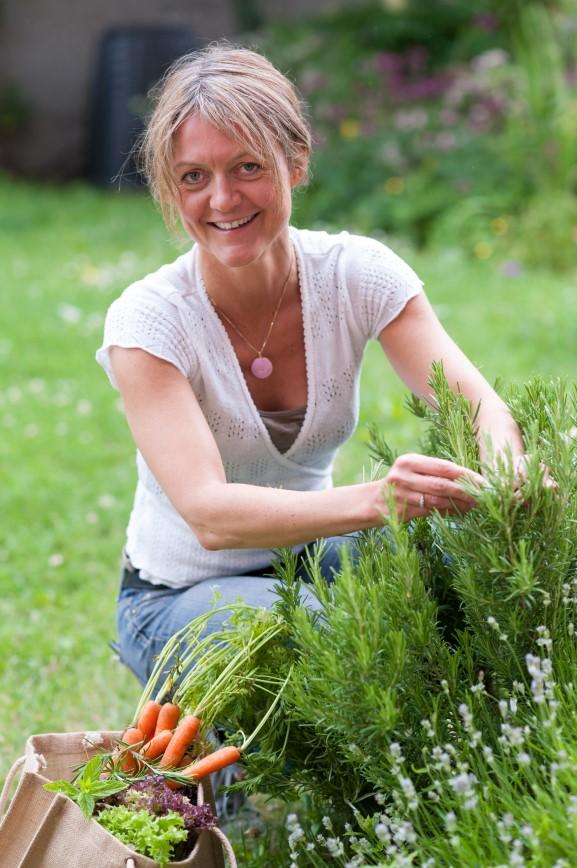iv: Our Man in the Field
David Hughes meets Kate Swaine We’ve been treated to an unusually wintery February in Edinburgh this year— true brass monkey weather. There have been two extended bouts of snow, with the kind of bitter nip in the air that lets you to see the birds’ breath when they sing. Picturesque and delightful for those who venture out, but I’m not one of them. I'm preferring to stay in hibernation for now, ensconced in a blanket fort by the fire, enjoying oversized cups of tea and the products of my slow cooker. I’ll likely stick my head out around the time the daffodils do. So, from the comfort of the couch this month— thermostat maxed and fire blazing — I relaxed into a chat about nutritional therapy and functional medicine with the fantastic Kate Swaine, practitioner at the Edinburgh Clinic of Nutrition. So, let’s get in about it: I’ve used herbs in the practice for a long time, and they can be a great adjunct to the work I do. The nervines, particularly. I might use Chamomile (Chamaemelum nobile) or Lemon Balm (Melissa officinalis) for their beneficial calming properties— reducing mental stress is a good starting point in the treatment of digestive distress. Functional medicine is Kate’s practice. It's a model for identifying areas of imbalance in the body that can help underpin and inform the decisions of herbalists and other medical practitioners when selecting courses of treatment. In Kate’s own words: My role as a nutritional therapist and functional medicine practitioner is to identify the root causes of imbalances in the body. These may be biochemical or microbial, possibly a nutrient deficiency. I'm not treating the person, but rather identifying what the imbalances are, where they stem from and what lifestyle changes could be adopted that will see an improvement in a patient's health.
Now, never one to pass up the opportunity to glean an enriching opinion from an expert, I was keen to learn whether there is such a thing as a one-size fits all healthy diet. There just isn't one diet to fit all, sadly. The research findings from recent Crohn’s and Colitis papers can point in one direction, but then you’ll encounter outlier patients who— although [they] suffer these same conditions —aren't necessarily responding well to the most obvious and recommended courses of treatment. You can’t just assume. A patient may have found information online that suggests a Paleo-style diet can be beneficial in the treatment of autoimmune conditions and, while it may show improvements for some, others may find this particular diet can be disastrous. More and more, the forward course of action for any individual will depend on a patient’s specific microbiome, combined with their genetics, and so many other factors. That's not to say there aren't obvious initial steps that can be taken toward better digestive health; for some, removing gluten for a trial period can be worthwhile, for others introducing a broader range of plant-based foods can be helpful. Making dietary changes can be challenging as we may be breaking long-ingrained habits. Radical changes can be too much for people who are already carrying the burden of busy lifestyles, caring responsibilities and high stress. For these people, an approach with longer time scales is preferred, to allow us to slowly introduce dietary change— starting with nervine teas to reduce stress —rather than make a rake of sweeping lifestyle changes that will only be adhered to for a fortnight because it becomes overwhelming. Sweeping dietary changes are not just
19







